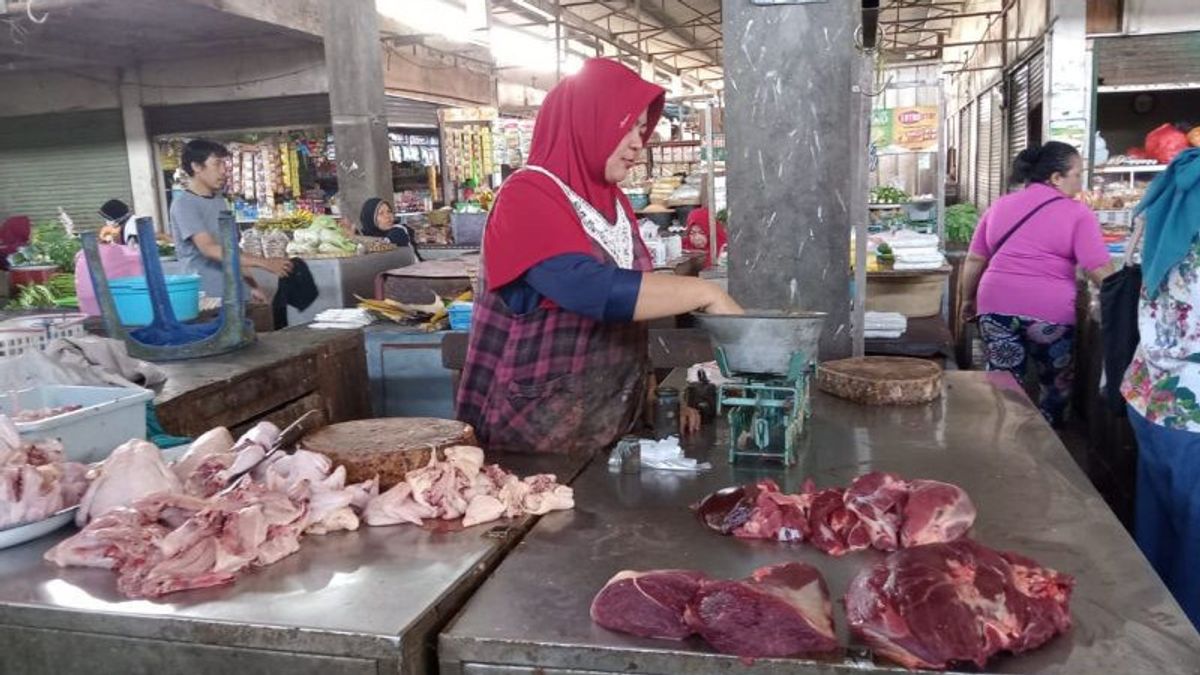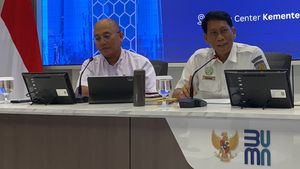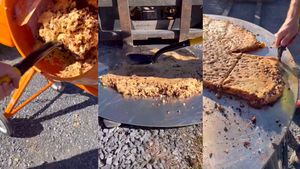JAKARTA - The Trade Office of Mataram City, West Nusa Tenggara Province, said that the findings of the mouth and nail disease (FMD) virus in this city have not affected the price of meat in a number of traditional markets in Mataram. As a result, the price of fresh beef in a number of traditional markets is still stable at Rp. 125,000 to Rp. 130,000 per kilogram.
"Besides stock prices are still relatively safe, because needs are met," said Head of the Control of Basic and Important Materials (Bapokting) of the Mataram City Trade Service (Disdag) Sri Wahyunida as quoted by Antara, Thursday, May 26.
Thus, he said, based on the results of a survey in the field, it was stated that the FMD virus had not affected because the demand for meat could still meet high demand.
"Unless there is a lot of meat stock but no demand, then we can say there are indications of the impact of the FMD virus," he said.
According to him, the price and stock of beef are still normal in a number of traditional markets because before the cattle are slaughtered at the abattoir (RPH), a team from the Agriculture Service (Distan) conducts a selective livestock inspection.
Slaughtered cattle are livestock that truly meet the health requirements and the meat is fit for consumption. "This means that all preventive and anticipatory procedures for the PMK virus have been carried out from the initial process, so they are not too worrying," he said.
Data from the Agriculture Service (Distan) of Mataram City recorded that there were 10 cases of PMK in Mataram City which are currently still isolated for intensive care.
Meanwhile, the Head of the Mataram City Agriculture Service, H Mutawalli, previously said that as a precautionary measure and to anticipate the FMD virus, his team had sprayed disinfectant liquid on a massive scale on the cattle ranchers' gathering cages.
"Every day, our team goes around to the farmer's gathering cage and sprays disinfectant massively," he said.
On the other hand, his party has also asked entrepreneurs and officers at the abattoir not to give permission to slaughter sick cattle even though the meat is safe for consumption because the priority is the convenience of consumers consuming meat from healthy livestock.
"If sick cattle are slaughtered, the risk is that the blood will flow and flow so that the disease can spread to other livestock," he said.
The English, Chinese, Japanese, Arabic, and French versions are automatically generated by the AI. So there may still be inaccuracies in translating, please always see Indonesian as our main language. (system supported by DigitalSiber.id)













